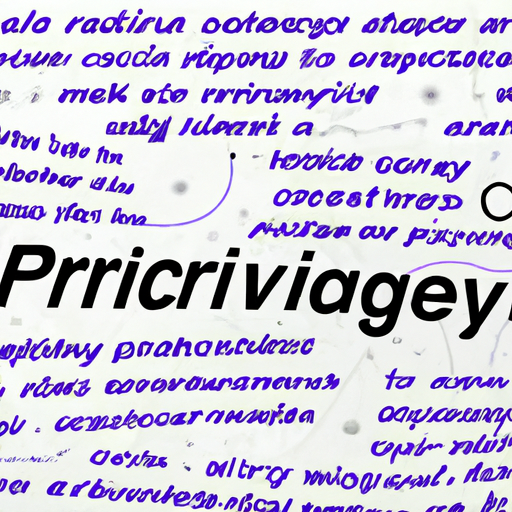In recent years, the world has seen a significant push towards sustainable technology, an initiative aimed at reducing waste, conserving resources, and incorporating eco-friendly practices into everyday life. As we face pressing environmental challenges, the advancement of green tech is not just a trend; it’s a necessity for a sustainable future.
What is Sustainable Technology?
Sustainable tech refers to any innovation that supports sustainable development by minimizing negative environmental impact, promoting energy efficiency, and enhancing the quality of human life. This includes a wide array of fields such as renewable energy, waste management, and sustainable materials.
Key Areas of Sustainable Innovations
- Renewable Energy: Harnessing the power of sunlight through solar panels, wind energy with turbines, and hydropower from flowing water are pivotal in shifting towards renewable energy sources.
- Smart Grids: Smart grid technologies improve energy distribution and management, helping to reduce energy loss and enhance the usage of renewable sources.
- Eco-Friendly Materials: The development and use of sustainable materials such as recycled plastics, bamboo, and bio-based products help to lessen our dependency on fossil fuels.
- Sustainable Transportation: Electric vehicles (EVs) and public transport systems powered by clean energy are essential in reducing carbon footprints.
- Waste Reduction Technologies: Innovations in waste management, like recycling and composting technologies, reduce landfill waste and promote a circular economy.
The Impact of Sustainable Tech
The rise of sustainable technologies is contributing to several positive outcomes, including:
- Environmental Health: Improved air and water quality due to reduced pollutant emissions.
- Economic Growth: The green technology sector is rapidly expanding, creating jobs and stimulating investment.
- Resource Conservation: Enhanced efficiency in resource utilization leading to decreased demand for finite natural resources.
- Public Awareness: As more technologies emerge, people become more aware of their environmental impact and make smarter, eco-friendly choices.
Challenges in Implementing Sustainable Technology
While the benefits are significant, various challenges remain, such as:
- High Initial Costs: The upfront investment for many sustainable technologies can be daunting for businesses and consumers.
- Technology Adoption: Transitioning from conventional methods to sustainable technologies requires education and a shift in public perception.
- Regulatory Barriers: Government regulations can impede rapid adoption of innovative sustainable solutions.
Conclusion
As we continue to innovate, embracing sustainable technology is critical for forging a greener path forward. Collectively, we can leverage the power of eco-friendly innovations to combat climate change, save resources, and create a healthier planet for future generations. Let’s support and invest in sustainable solutions that make a significant impact!
Join the movement towards a sustainable future!




